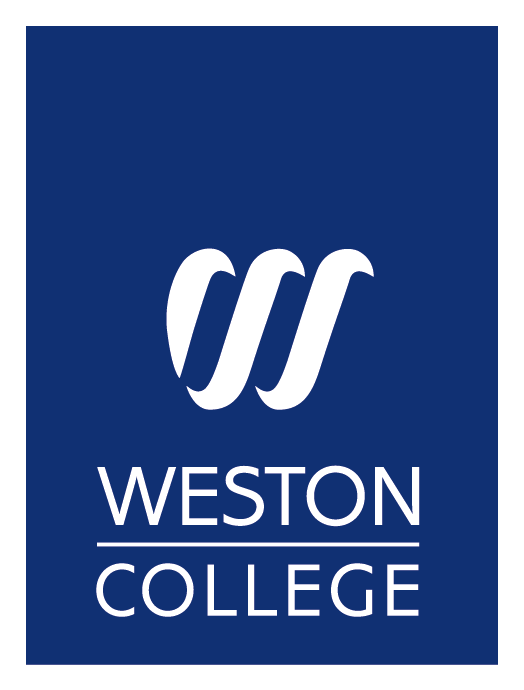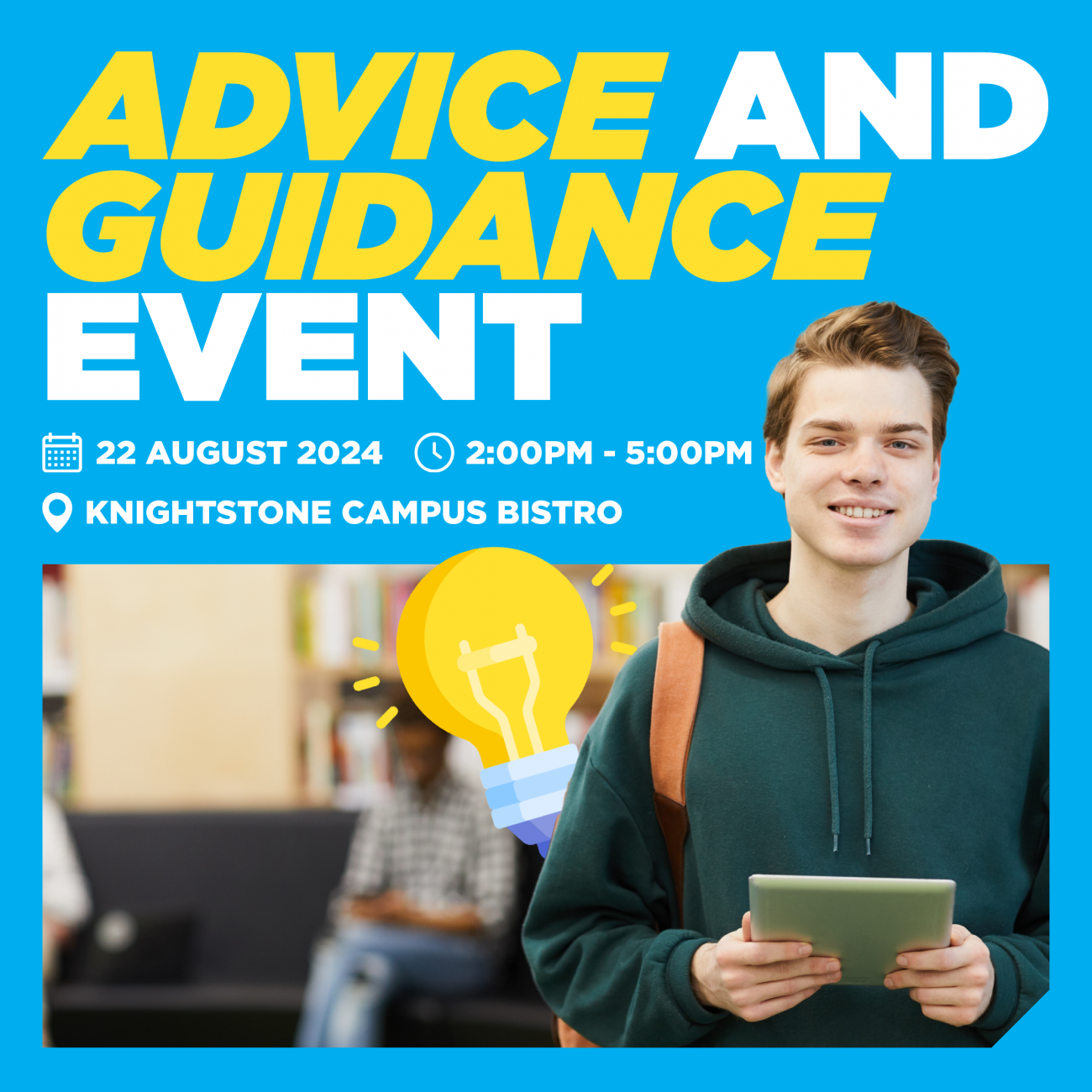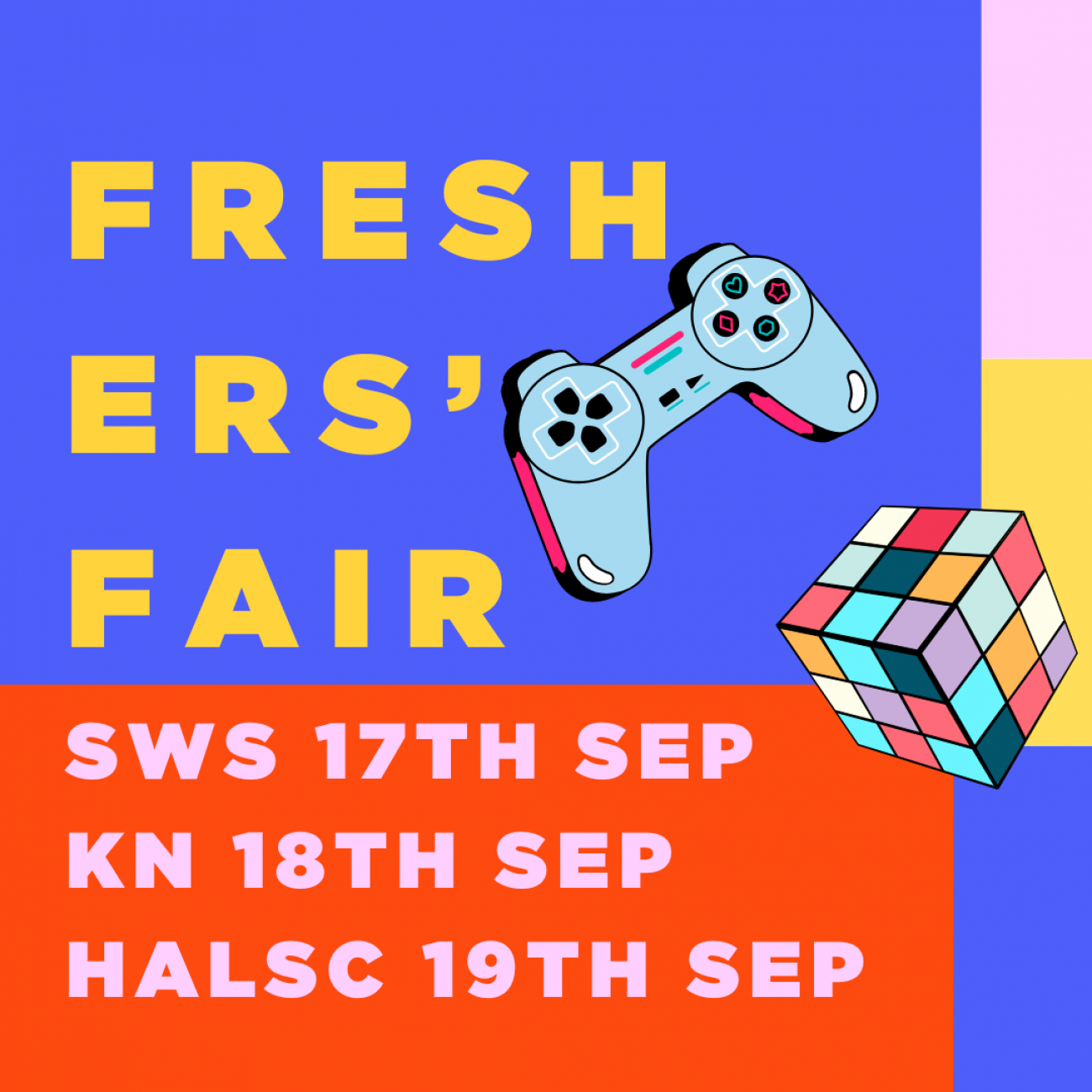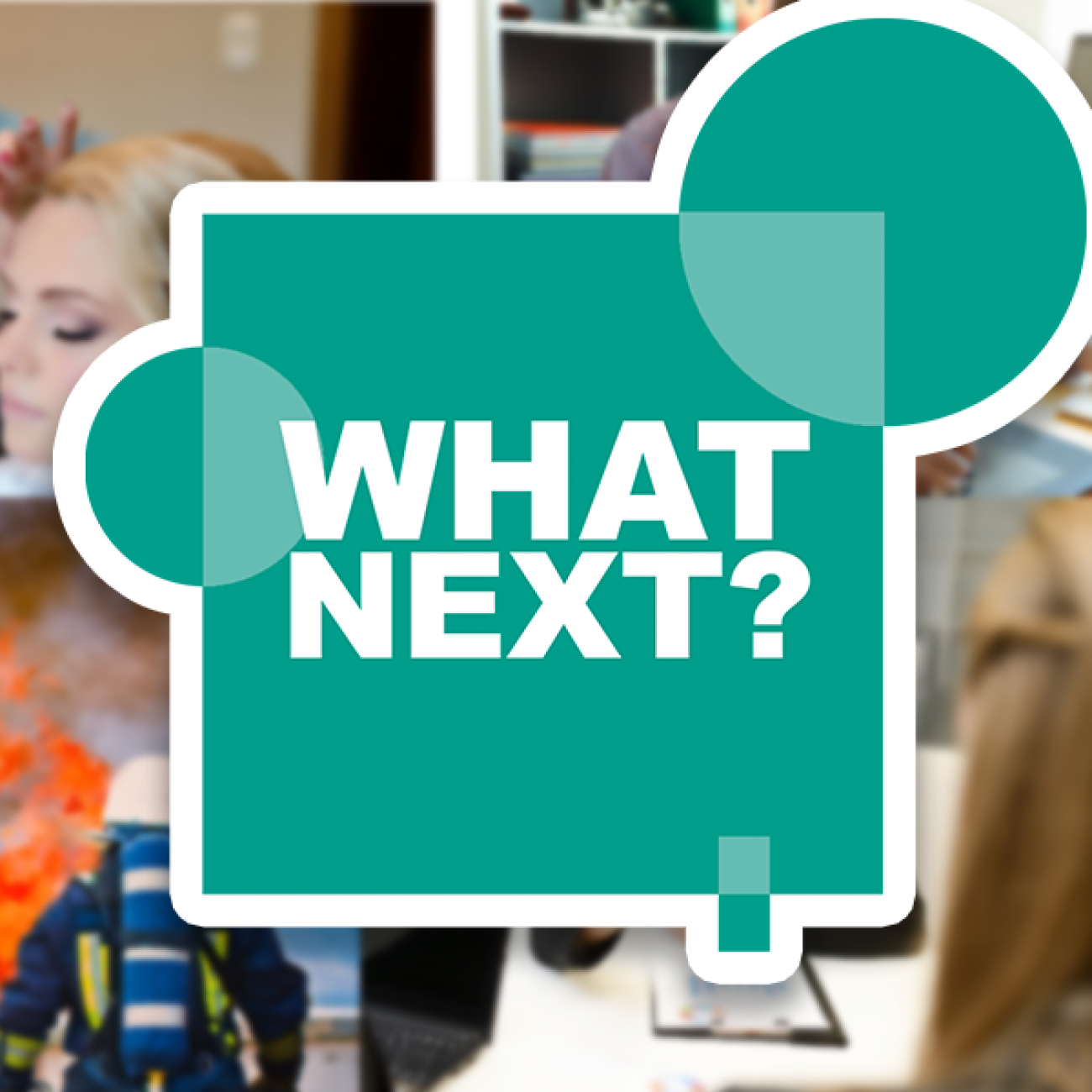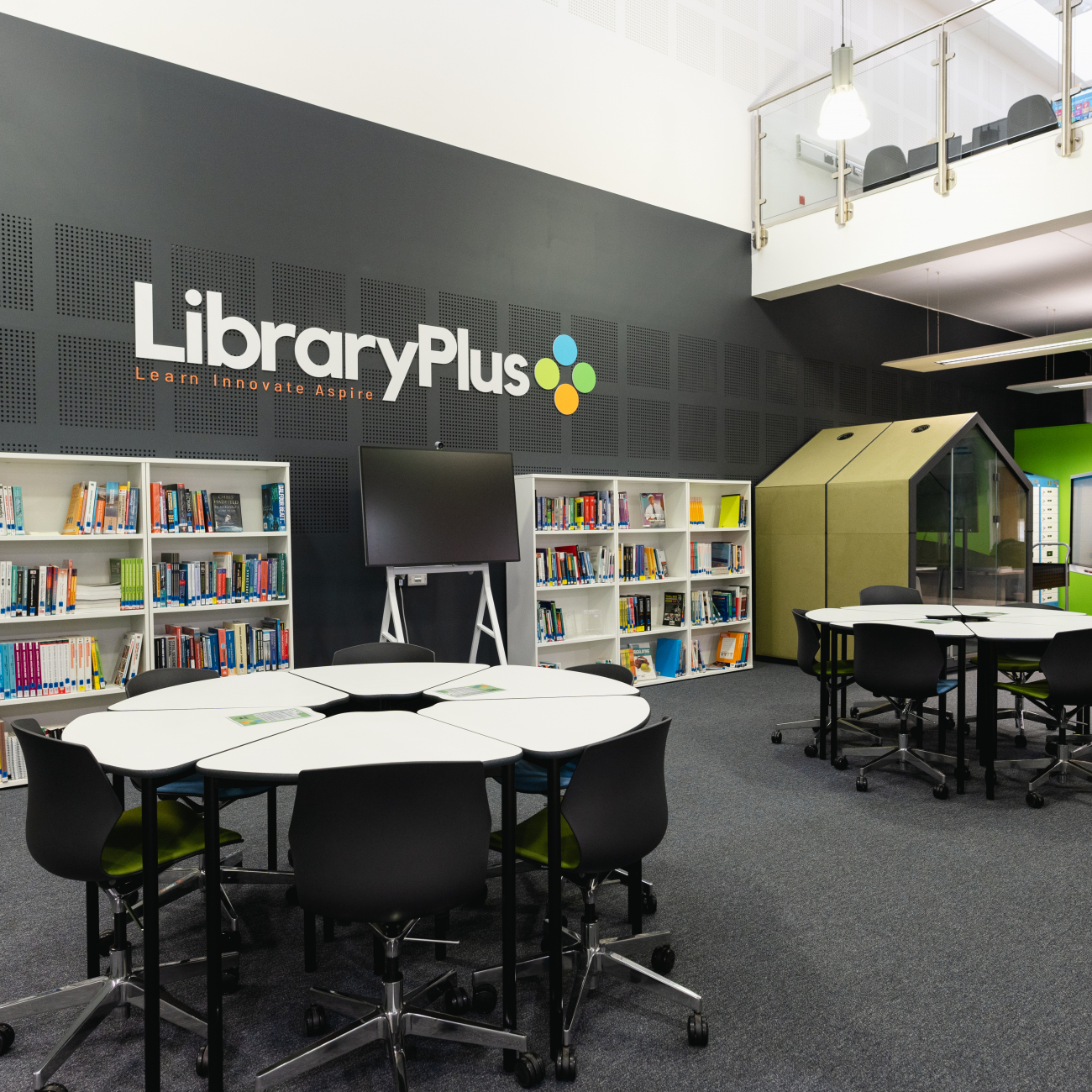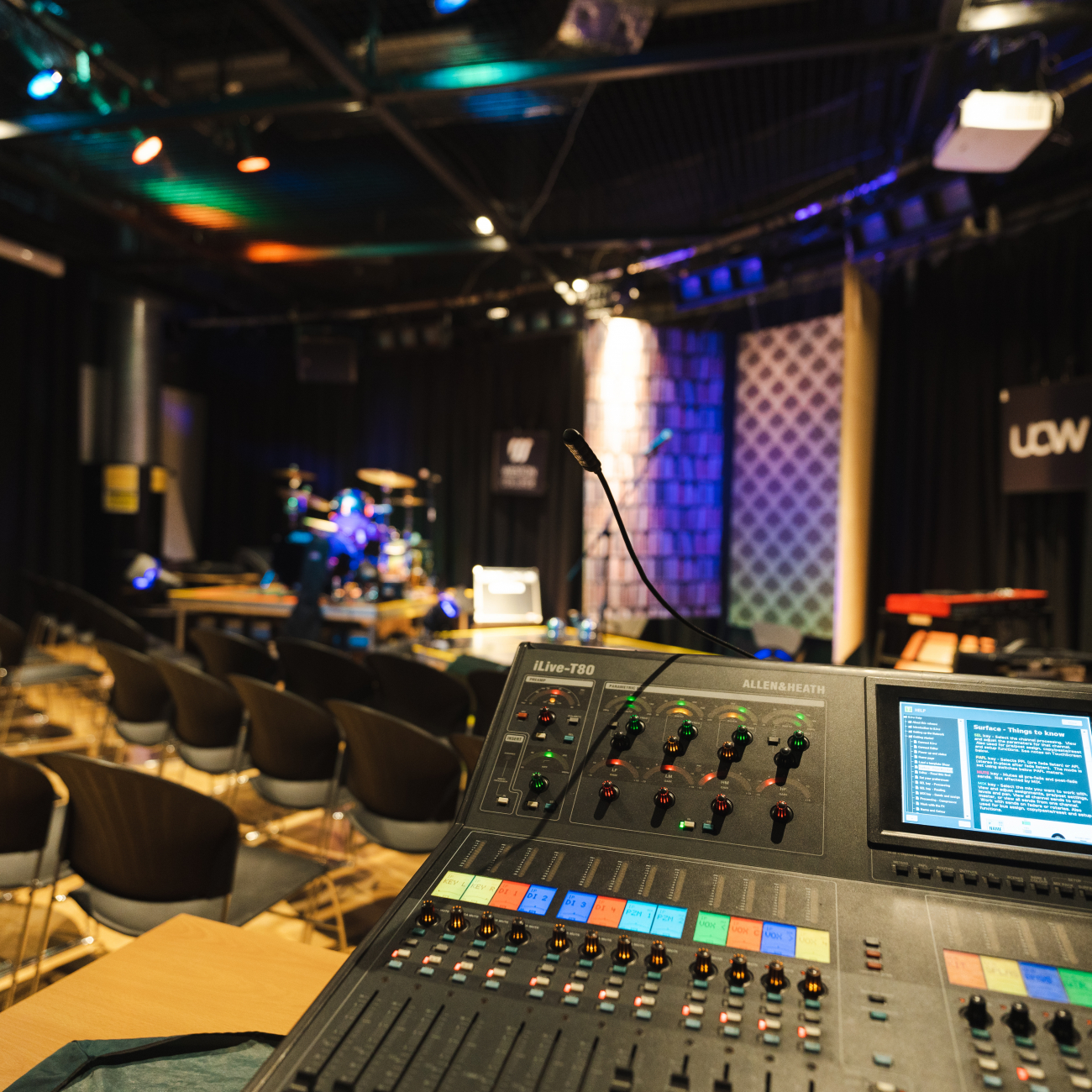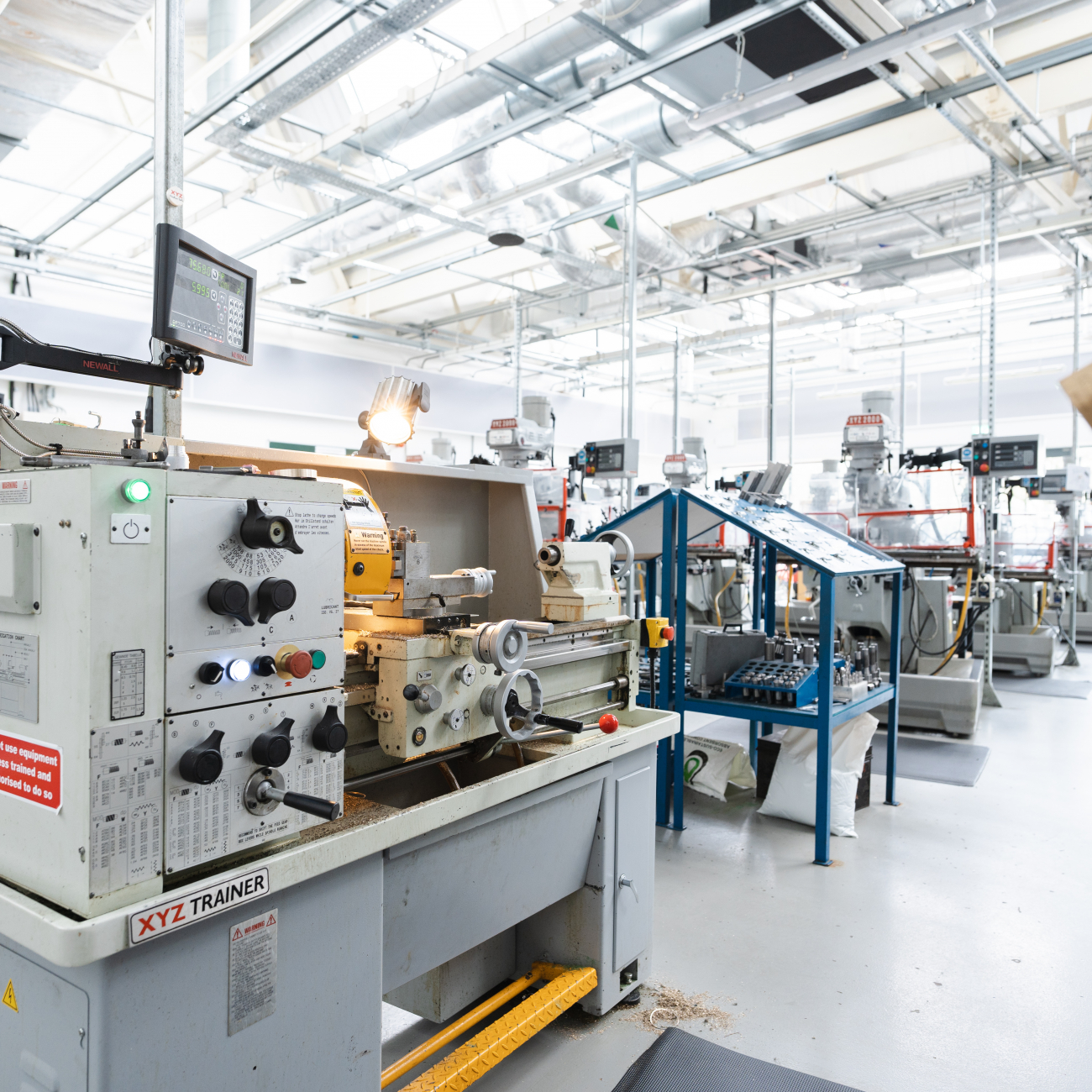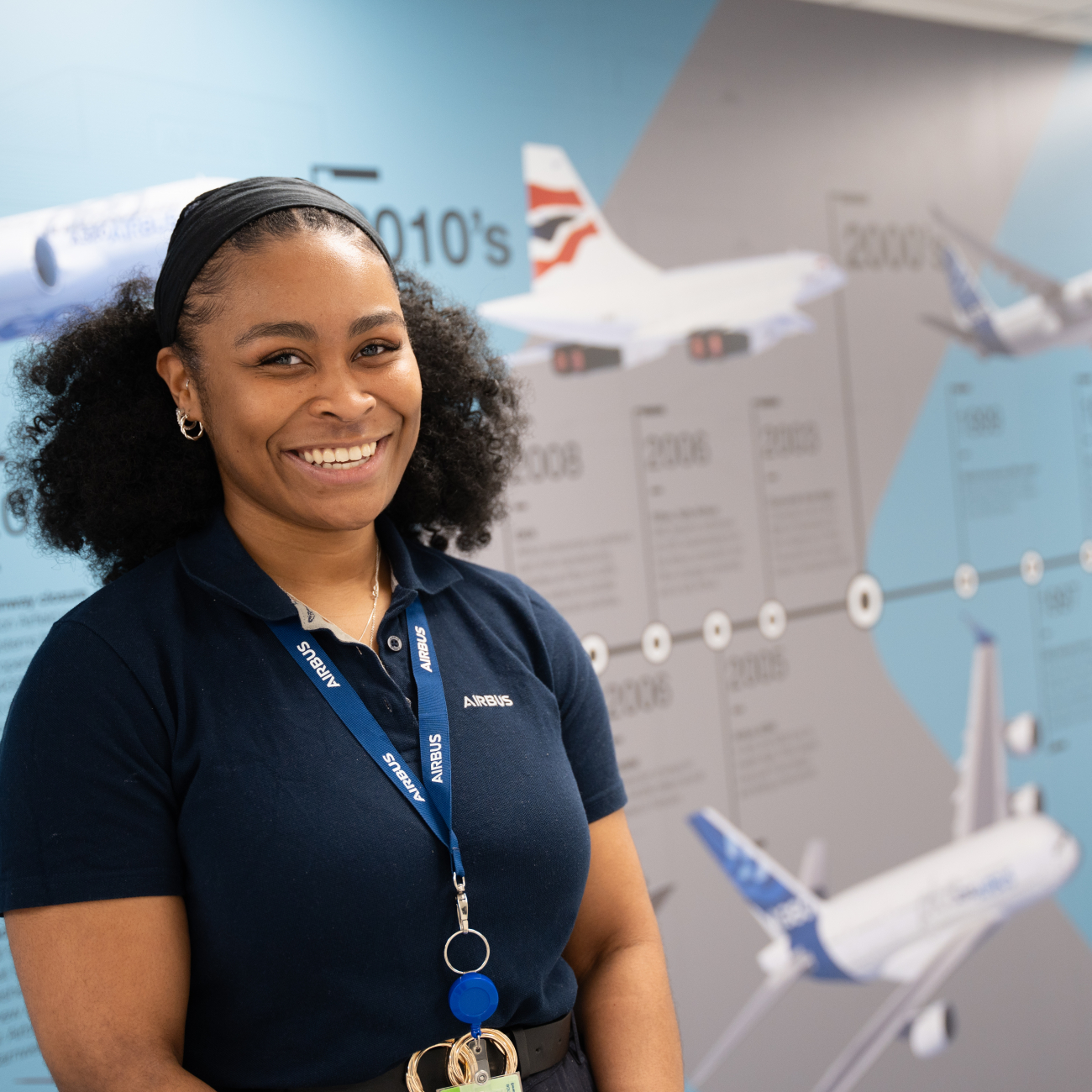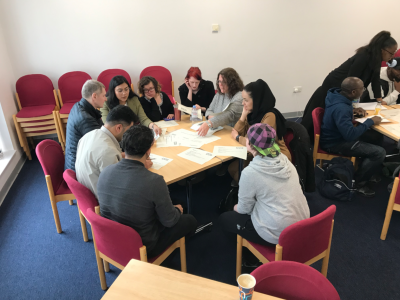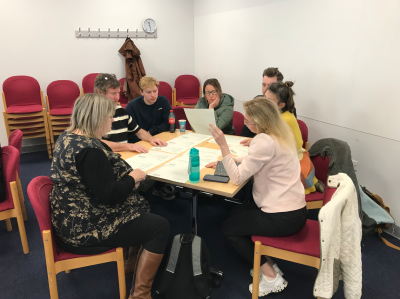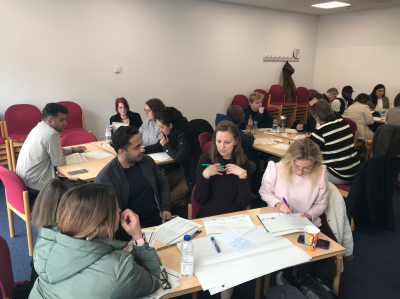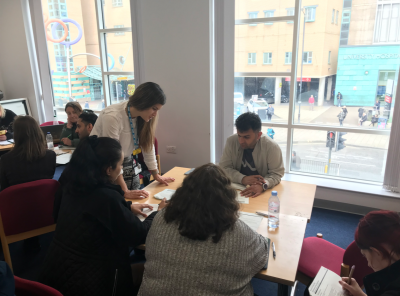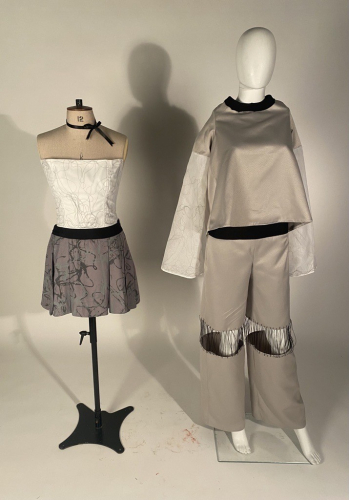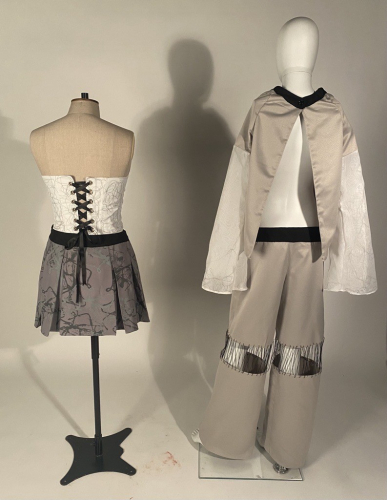
News and events
We aim to keep you up-to-date with the very latest Weston College news and events. Take a look below at what's going on at the College!
Got news you want to share with us? Email marketing@weston.ac.uk
Latest events at Weston College
Latest news and developments at Weston College

I’m Jackson, and I recently completed a Motor Vehicle course at Weston College.
My time at the college was transformative, and I'm thrilled to share a bit of my journey with you.
When I enrolled in the motor vehicle course, I wasn't entirely sure what to expect.
What I found was a stimulating experience that went far beyond just understanding how vehicles work.
The course offered me a hands-on grasp of both the mechanical and electrical systems that power our daily rides. There were challenges, of course, but each hurdle gave me a clearer view of the intricacies between gears and circuits.
The lecturers and staff at Weston College were phenomenal. Their support pushed me to expand my horizons and strive for greatness. Without their guidance and unique teaching styles, I wouldn't have achieved the success I did.
They didn't just teach; they inspired and mentored, making the learning process a collaborative and encouraging journey.
I have always struggled with Maths, but I knew it was essential for my future career goals. Weston College offered the perfect environment to tackle this challenge.
The decision to complete my maths GCSE was driven by my career aspirations and the supportive teachers who believed in me. Their dedication made all the difference, transforming what once seemed impossible into an achievable goal.
Studying maths in college was a breath of fresh air compared to my school days. The mature classroom atmosphere and the passionate teachers created a space where learning was not only easier but also enjoyable – allowing me to gain the skills and qualifications I needed.
I recently received my Maths qualification, which was not only a huge relief, but also a fantastic moment.
So, what's next for me? I'm gearing up to join the army, specifically the REME Regiment as a Vehicle Mechanic. The skills and knowledge I've gained at Weston College have equipped me for this exciting journey, and I can't wait to serve and continue learning in such a dynamic field.
Jackson
If you would like to follow in Jackson’s footsteps, you can study one of our course in the Career Excellence Hub in Motor Vehicle. Find out more, by clicking here.
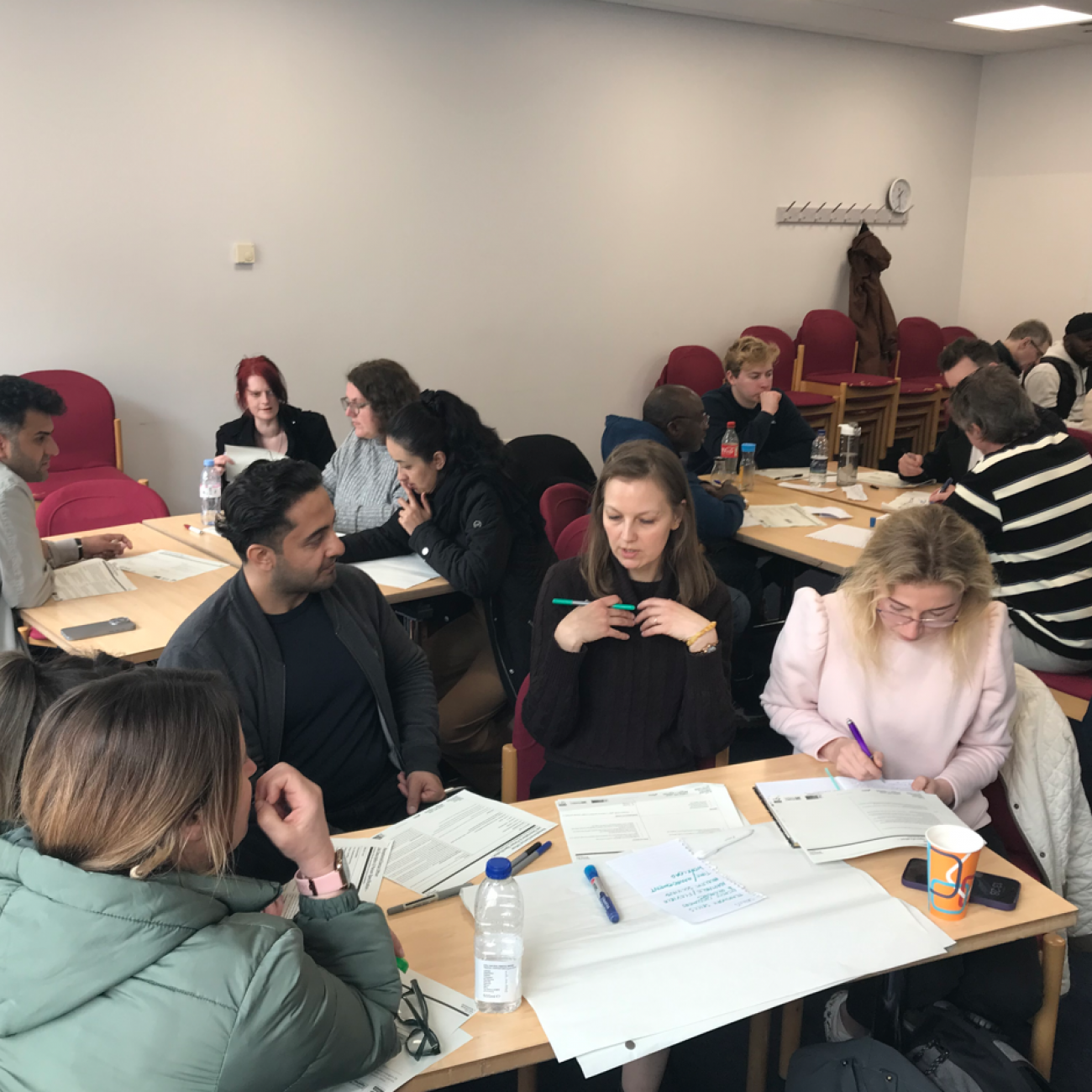
On the 15th of April, we launched our first Sector Based Work Academy Programme (SWAP) with UHBW (University Hospitals Bristol & Weston) and it has been an overwhelming success!
The first two weeks covered a wide range of subjects and an insight into the various roles that are available within UHBW. The group learned how to work within a team, were introduced to the NHS Trust values, discussed equality and inclusion, and looked at the job roles that would best suit them.
At the start of Week 3, 22 learners gathered at the Education Centre in Bristol and were given interesting, fun and informative presentations by the UHBW Team. We learnt what it’s like to work in a busy hospital environment, the skills and behaviours required and the process for submitting a quality application.
Everyone fully engaged with the sessions, which resulted in some fantastic discussions, sharing of personal experiences and some amazing stories and reasons for wanting to work for UHBW!
We hope that many of the learners will go on to have a long and successful career within the NHS and we are already excited to welcome our next cohort, which begins on Monday 5th August.
We received an array of positive feedback from those who attended:
“I think the course is brilliant and is a great insight to the NHS. The information is really useful for getting a job within the NHS.”
“I loved my course. Two weeks just flown by. Our Tutor was very patient with us. I felt more confident in myself and was inspired to work for the NHS.”
“All the Tutors are a great help in ensuring you understand. Niki has been very patient with everyone. Nike Taylor has provided a brilliant course and I feel very grateful to participate. I would highly recommend this course to other adults.”
“A short and detailed course run by Niki Taylor, who delivered the course so you have a full understanding and gain confidence in yourself.”
“The course is wonderful. I have got plenty of new information. I like and really enjoyed the rapport which Teachers built up with students. Thank you for these 2 incredible weeks.”
“Five Stars, Great Job Niki!”
“It was an interesting course, I enjoyed it and the tutor was helpful as well. It also created an avenue for meeting new people and socialising.”
“The course has been a great ‘across the board’ introduction of what goes on within the NHS and the topics that become more prevalent and relevant. It was well structured, and I felt supported throughout. It has been great to switch my brain on in a new way. It’s been excellent for my mental health.”
“The course is wonderful. I have got plenty of new information. I like and really enjoyed the rapport which teachers build up with students. Thank you for these 2 incredible weeks.”
“Very friendly and good information. Niki is a very helpful Tutor, and she explains everything so well.”
“The course was fantastic! Niki was brilliant and very knowledgeable, and I am so happy to have participated in the programme.”
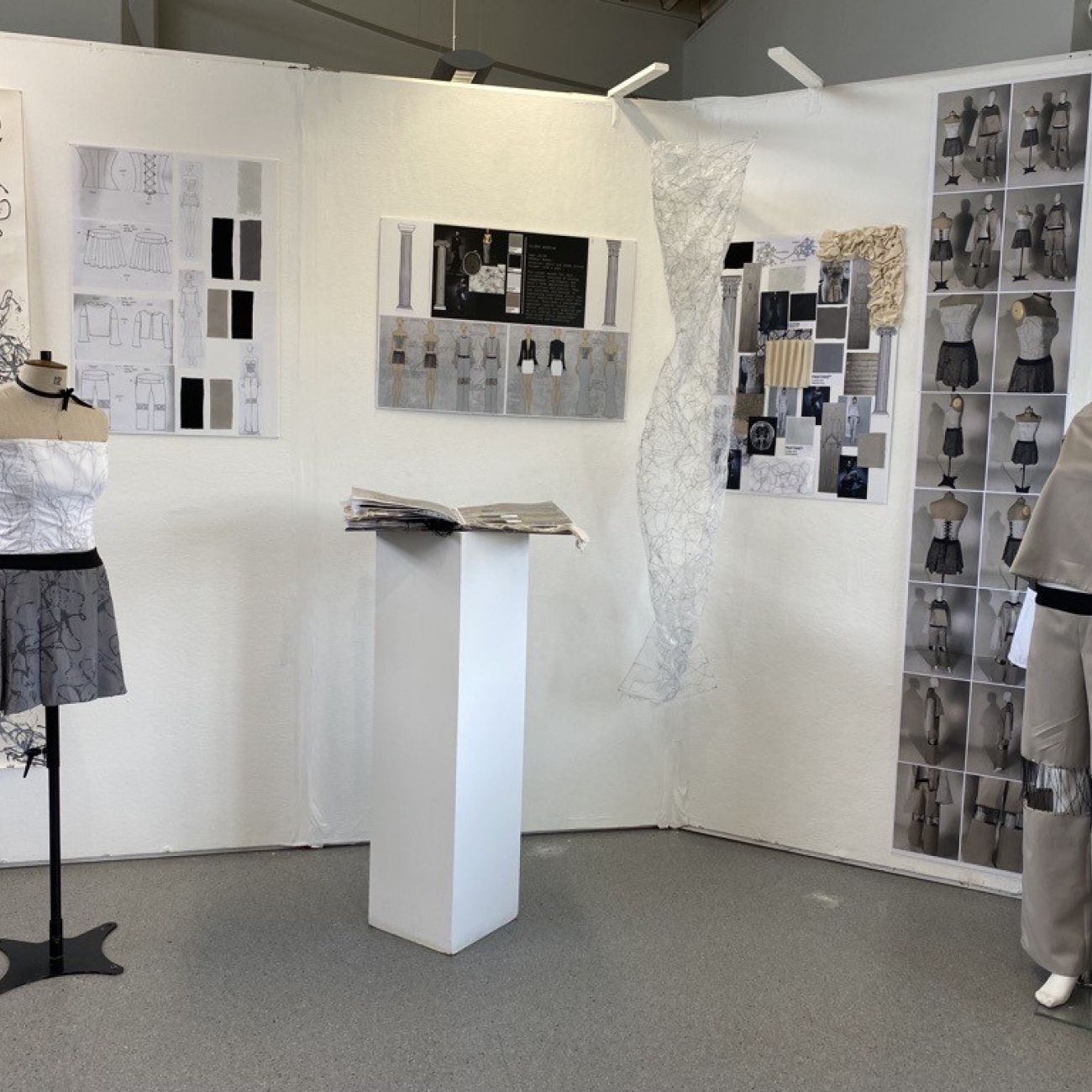
Hey! I'm Maria, and I have recently completed my Fashion, Business & Retail UAL Extended Diploma at Weston College - and I'm here to tell you all about my experience!
When I was younger, I would always play dress up with my princess dresses and heels. This love for dress up grew up with me and when I got older I would use my mum’s wardrobe to dress up with proper clothes and accessories. I was inspired to start doing fashion in art GCSE and taught myself the basic skills. After GCSE I wanted to continue with fashion, and this was the perfect course for me.
Originally, I was going to do A levels, but I wanted to do a fashion specific course and during my search on Google I came across this course at Weston College.
The first project I did was my work experience. We had a live project working with the Lauriston Hotel and our task was to design a new uniform for their employees. This was my first experience with working with a client and I really enjoyed it. We went to the hotel to interview the manager about what they wanted in a uniform and took pictures of the hotel as primary research. The designing for this project was challenging because it couldn’t be too extravagant as it had to be functional. I had lots of fun adding small but creative elements to my designs to make them unique!
Pattern cutting is by far the most interesting thing I’ve learnt to do! Learning how to turn my ideas into garments and how to put design elements (like pleats) into a pattern is so much fun. I really enjoy the process of creating the pattern and toiling it to see if it’s correct because there’s lots of problem solving. I had to toil my corset so many times to get the perfect fit and look, and it took lots of little tweaks to the pattern to achieve this. Nothing feels better than when you finally make the pattern perfect!
The facilities and equipment at Weston College are AMAZING!!!!! There are so many facilities that accommodate for different materials and processes. In the 3D workshop you can use metal to make a cage for your garments, in ceramics you can use clay and porcelain to make beads or jewellery and in the print room you can print your own design onto fabric. You’re not restricted to using just fabric, you can use anything to create your garments. For the accessories project I made a porcelain shoulder piece that attached to a sleeve as my final outcome!
The process of pattern cutting, toiling and creating the final garment is quite long and this completely surprised me in my final project. I intended to make more than one garment but finished with just the one. This was a huge learning curve for me as it showed me how long I needed to leave for this process. It was also the start of my journey with becoming comfortable with making mistakes. I’m a bit of a perfectionist and I didn’t respond well to mistakes at the beginning of the year; however this course has taught me how to respond better and what to do with these mistakes.
I displayed my final project work at the Summer Show, and I was given a space that I could decorate with my work. It was really exciting to have your own space filled with your work for others to look at!
After college I hope to go to university to study fashion design. If you want to go into fashion after college I would 100% recommend taking this course! As well as fashion skills, you also gain personal skills like problem solving and mental resilience which are important.
Below are the outcomes of my final major project! Thank you for reading!
